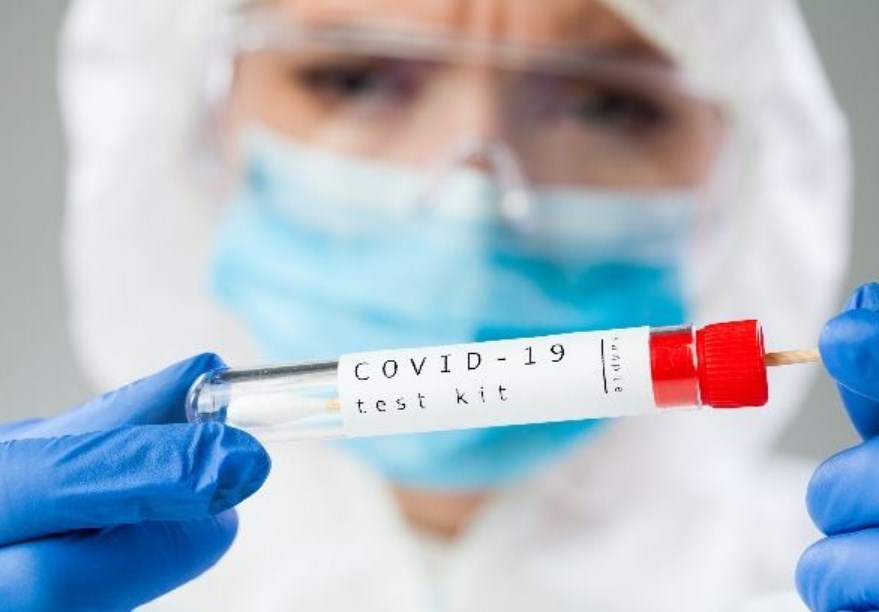Since March 2024, we’ve had to familiarise ourselves with a whole host of new acronyms, words and phrases. Now Covid, PCR, lateral flow and furlough are parts of our daily conversations. As restrictions begin to loosen from July 19th and with over 50% of the adult population now fully vaccinated, travel restrictions are becoming less strict, and our ‘normal’ lives are slowly returning.
But, with both of these changes, we’re already seeing large spikes in daily cases and deaths, and increases in Test and Trace and the NHS Covid app ‘pings’ telling people to self-isolate. In fact, more than half a million UK residents were told to self-isolate by the NHS Covid-19 app in the first week of July alone.
So, in what circumstances will you need to book tests, when do you legally have to isolate and how can you save money on testing? We’ll explore this below.
When do I need to take a Covid test?
Symptoms and self-isolation
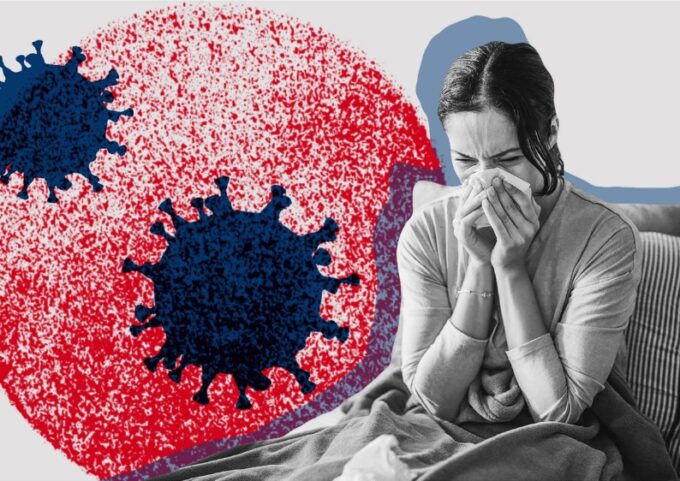
If you have the main 3 coronavirus symptoms — a high temperature, a new cough, a loss of your sense of smell or taste — you should take a Covid test. While not a legal requirement, it’s important to get tested to confirm whether you have Covid. You can order a free PCR test kit or you can book a free test via a local drive-through testing site.
If you have symptoms — even if you don’t take a test — you should self-isolate at home with all others who live with you. However, if you’ve received a positive PCR test result in the last 90 days, you shouldn’t take a new PCR test unless you’ve developed new symptoms since. To learn about PCR Kits, you can check out https://www.mybiosource.com/pcr-kits.
Contact with others

If you have no symptoms but need a PCR test, this can be booked online too through the government testing programme. This might happen if:
- You’ve been in contact with someone who has tested positive
- You’ve been asked to have a test by your council, NHS Test and Trace, doctor, government or researchers
- You need a test for someone who you live with
- You’ve had an unclear initial result and need a second test
From August 16, 2024 (if things don’t change) anyone who is fully vaccinated won’t need to self-isolate if they come into contact with someone who is Covid positive. However, they’ll need to take a PCR test. If the test is negative, they don’t need to self isolate, but if it comes back positive, they’ll need to self isolate as normal. Anyone not fully vaccinated will still need to self isolate if they’ve made close contact with someone according to contact tracers.
Travel
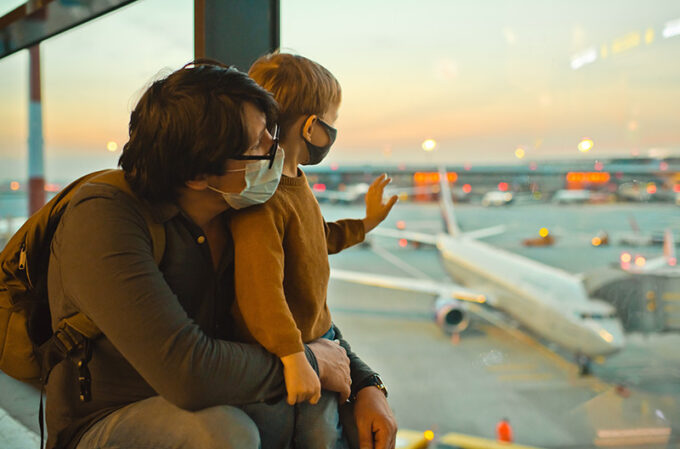
To travel abroad, you’ll need to take a pre-departure test around 72 hours before leaving. You aren’t allowed to use the Government PCR testing programme for travel tests, so you’ll need to book in with a private coronavirus testing company such as www.medicspot.co.uk. Upon returning from your destination you’ll need to take another pre-departure test too, with proof of a negative result to return to the UK. If you don’t have this on arrival, you can be fined up to £500.
When returning home from a country on the green travel list, you’ll also need to take a PCR test within 2 days of arrival. For returnees from destinations on the amber list, there are two sets of rules, depending on your vaccination status.
- If you’re fully vaccinated, you don’t have to self isolate upon your return, but will still need to take the day 2 PCR test as above.
- If you’re not fully vaccinated, you’ll need to self isolate for 10 days, take a test 2 days after arrival, take a test to release on day 5 – if this is negative, you can stop isolating – and take a final PCR test on day 8 of isolation.
For travellers from red list countries, you have to quarantine for 10 days upon return. You’ll need a government-backed hotel quarantine package, which usually includes the costs of all of the tests you need to take on day 2 and day 8.
Book a Consultation
Enhanced technology means enhanced capability to conduct Covid test online. Where all countries requiring recent PCR test, private PCR testing does handy if you have the desire to travel, attend an important event where large crowds are overwhelming or just even getting back to office. You might want this to make sure you are safe and will bear peace of mind. Getting this done is easy, this site is to help https://www.drarunghosh.co.uk/private-medical-services/health-screening/pcr-test-liverpool/.
How to save money on Covid testing

Now you’re familiar with the types of Covid tests needed and when to take them, you’ll need to get to grips with saving money on all the tests required! Remember that PCR test kits are free from the government, and you can also book online through your local drive-through or walk-in testing site for a free PCR. However, if you need them for reasons such as travelling, you’ll need to pay for your own.
Compare prices
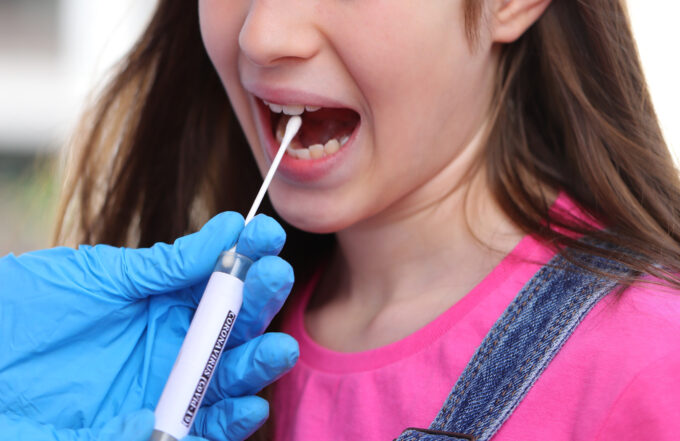
Start by comparing prices in the more obvious places such as your airline or holiday company. Airlines such as Tui have been offering antigen (or lateral flow) tests for as low as £20 per person, including delivery.
There are also plenty of private test companies that send out kits to be returned and tested — but prices for these vary dramatically in cost from as low as £20 per person to up to £399 for a test, so do your research! Some providers are also offering travel packages too, allowing you to order all of your required Covid-19 tests for arrival back into the UK.
Check the latest rules
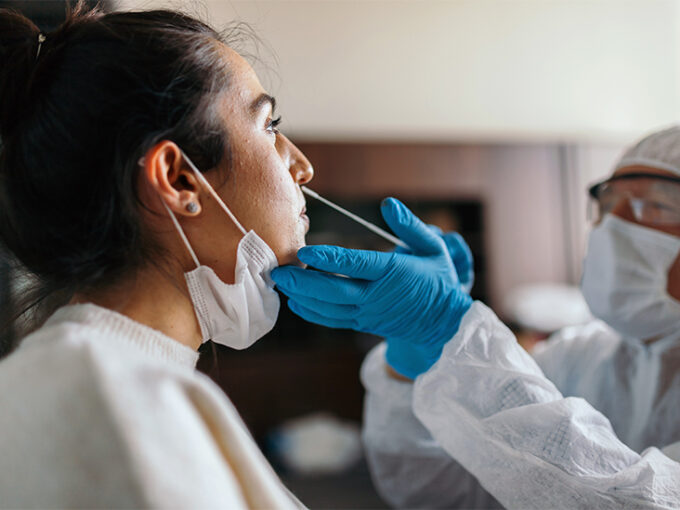
Be mindful that some countries may require a PCR test or a lateral flow test. So, double-check the small print and the latest recommendations from your travel destination before booking. Some governments are stricter, and may say:
- Only swabs PCR tests are allowed, rather than a saliva or ‘spit’ test
- Lateral flow results aren’t accepted
- Home PCRs aren’t approved, so you may have to have the test taken at either a registered facility or by a doctor rather than a nurse
You’ll also need to ensure that your test results will be in the approved format, both for your pre-travel test and for arrival in your holiday hotspot. So make sure that any tests you’re paying for are fit-for-purpose, otherwise you could end up being fined up to £500.
If you’re in need of a Covid-19 PCR or lateral flow test, you have plenty of options, from free test kits and home swabs to specialised test centres and clinicians. Remember, if you need tests for travel, you can’t order free kits from the government, and will need to self-fund. Do some research on your options (because prices vary so much), make sure your comparisons meet your requirements and don’t go with the first provider you find to get the best deal.

